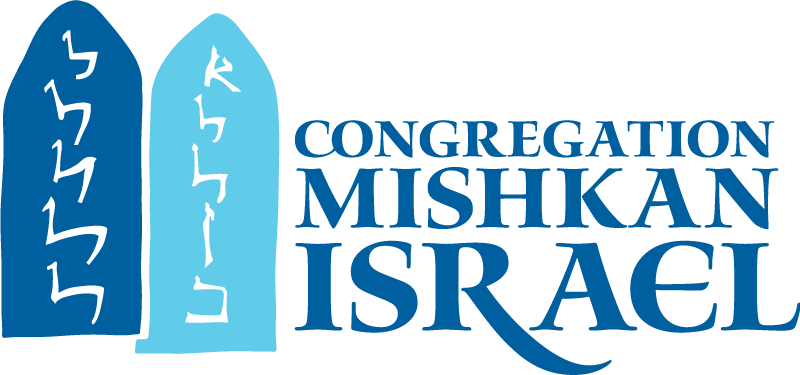Become a B’mitzvah at CMI
CelebratE becoming a child of the commandments
At the age of 13 students participate in a rite of passage celebrating their becoming a b’mitzvah, a child of the commandments. By leading our community in prayer, our students demonstrate their commitment to their Jewish heritage and accept the privileges and responsibilities of becoming an adult among the Jewish people.
In order to celebrate becoming a b’mitzvah students are required to participate in religious school for three years in order to prepare them for this experience. Clergy officiation of b’mitzvah is available only for members of CMI. If you wish to make CMI your spiritual home and celebrate this and other milestones, please contact us and learn more here!
B’mitzvah Resources:
Parents and students will find many answers to questions about timing, preparation, materials, building rentals, and more!
Listen to all of the prayers that students will lead during their ceremony.
Each student will deliver a d’var Torah, a personal teaching, during their service. After an initial meeting with the Rabbi 3-5 months before the ceremony, students will follow these guidelines to ensure a successful d’var torah.
Many families choose to honor close family and friends during the service with honors such as aliyot (blessings before and after the Torah reading), undressing and dressing the Torah, and opening the ark.
Torah Portion on ReformJudaism.org
Find translations, outlines, and modern commentary on each Torah portion. Note that the list of each portion is at the bottom of the page. Please confirm your portion with Cantor Giglio or Rabbi .
A note on language:
Traditionally students become a b’mitzvah, a child of the commandments. At CMI we celebrate that everyone is created b’tzelem Elohim, in the image of God, and not all of our students use cisgender language. Students are free to use the language that best represents who they are. To be inclusive when referring to everyone in general, we have adopted the URJ’s recommended non-gendered word b’mitzvah.
